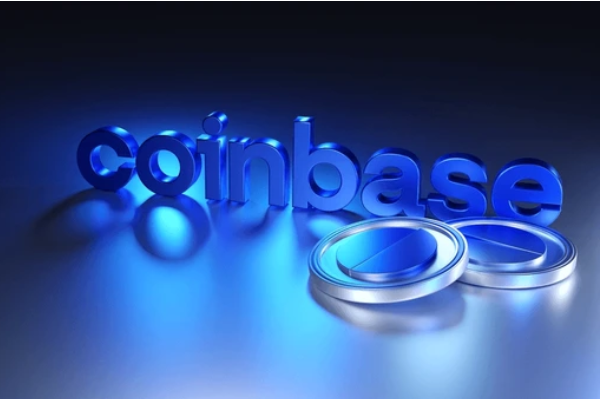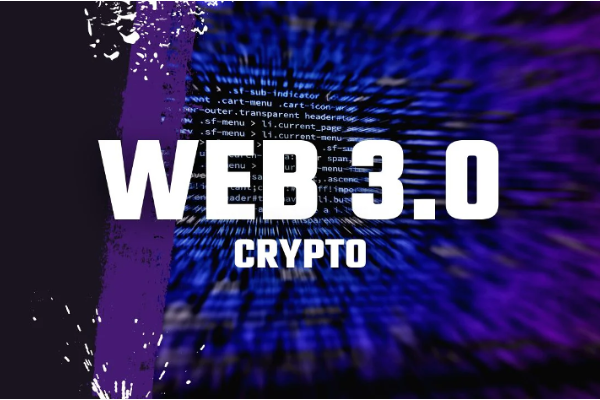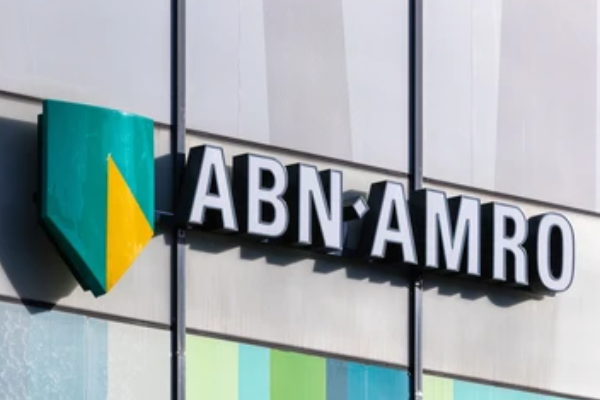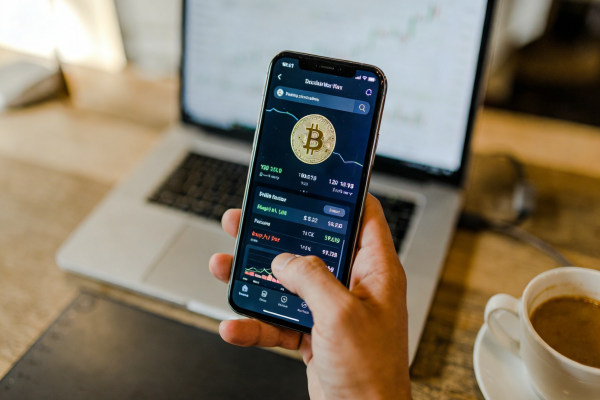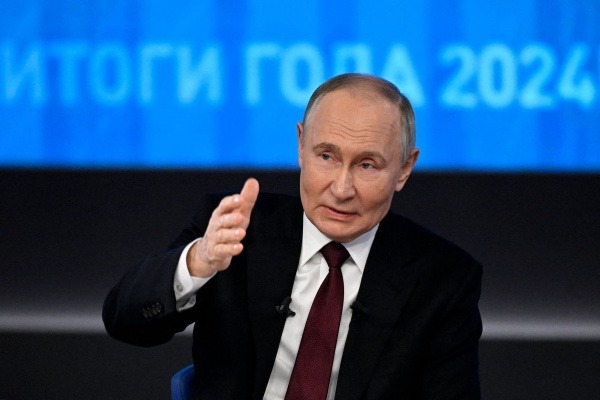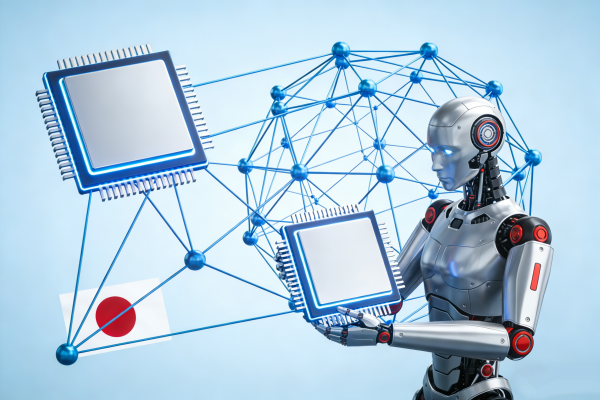Three reasons to tell you: Why decentralization is important?
Decentralization enables direct transactions through blockchain, free from outside interference, and provides new options for economic survival and anti-inflation.
Cryptocurrency is attracting widespread attention around the world. El Salvador has made it legal tender, requiring merchants to accept it like cash; meanwhile, the US blockchain summit has attracted billions of dollars of companies to flock to the Web3 field.
Behind this craze, cryptocurrencies such as Bitcoin and Ethereum mean much more than money itself, and they are redefining how money works.
However, complex terms and overwhelming information confuse many people, as if everyone assumes that you already understand. In fact, many people are still struggling to understand the true value and meaning behind cryptocurrency.
So, what is decentralized currency?
Imagine if Venmo, PayPal, and your bank disappeared overnight, how would you transfer money?
This is a reality for millions of people around the world.
But the problem is not just access to banking services (although this is a big problem). It's who controls the currency itself.
Now, when you transfer money, you are not really transferring it yourself. You are asking the bank or payment processor to do it for you. They are the middlemen who charge multiple fees, decide who can or can’t use their systems, and have the power to freeze or block transactions at any time.
Decentralized currencies eliminate all of that. In simple terms, you can send money directly to someone else through a digital wallet without having to go through multiple banks. A blockchain, a global network of computers, verifies and records transactions through cryptography and code.
No company, no country, no CEO can step in to stop it.
Unlike banks, decentralized currencies like Bitcoin, Ethereum, and other cryptocurrencies operate 24/7. There are no business hours. There are no “processing time” waits. Banks don’t close on weekends.
It’s not just about speed, it’s about control.
Why do decentralized currencies matter?
For the first time in history, people can send, store, and control their own money without the approval of a bank or government. If you live in a country with a stable banking system, this may not seem like a big deal. But for millions of people, decentralized currencies are tantamount to survival.
1. No one can freeze or block your money
Countries and banks can (and do) freeze accounts when they see fit.
Take Canada in 2022. During the truckers’ protests, the state froze the bank accounts of protesters and donors without a court order. Or Nigeria in 2020, where the state closed the bank accounts of activists supporting the #EndSARS movement (a protest against police violence).
In both cases, the state deemed it necessary to do so. But at what cost? When you take a person’s money, you take away their ability to eat, pay rent, and survive.
With Bitcoin and decentralized currencies, this can’t happen. If your assets are in a self-custodial wallet or traded through a decentralized exchange (DEX), no bank, state, or company can freeze, block, or confiscate them. This is suddenly not just financial freedom, but a basic human right.
2. Serving the Unbanked
Now think about this: 1.4 billion people worldwide don’t have bank accounts. Not because they don’t want to have them, but because they live in places without financial infrastructure, don’t have the right documents, or are restricted by the state.
In El Salvador, before Bitcoin was adopted as legal tender, over 70% of the population didn’t have a bank account. Now, people can send, receive, and save money without a bank.
For billions of people, decentralized currencies are not just an alternative, they are the only viable option.
And, in addition to basic banking services, decentralized finance (DeFi) is becoming a powerful alternative to traditional financial services.
3. Potential anti-inflation protection
Even if you have access to banking services, inflation will eat into your savings. Inflation means your money can buy less and less over time.
Countries control traditional currencies, and when they print more money, the value of the currency decreases. This is exactly what happened in Venezuela, Zimbabwe, and Lebanon, where inflation destroyed people's savings.
The supply of Bitcoin is fixed at 21 million. No country can print more, and no central bank can change the rules at will. This is why some people call it "digital gold."
In the short term, prices fluctuate quickly. But in the long run, some believe that it will become a strong store of value due to its fixed supply.
Bitcoin is not yet a perfect anti-inflation tool. But it is a currency alternative that is not controlled by the state. For many people, that’s enough to get them to pay attention.
Decentralized Currency Changes Everything
Bitcoin and decentralized currencies mean much more than just finance. For some, they offer a cheaper, faster way to transfer money; for others, they’re a potential hedge against inflation; and for millions of people around the world, they’re the only way to access financial services.
Cryptocurrencies and the technology behind them aren’t perfect, and they do have risks, but they’re pushing us to rethink how money works. For the first time in human history, people have access to a financial system that isn’t controlled by banks or the state.
Whatever our attitude toward them, decentralized currencies are already shaping the future.

